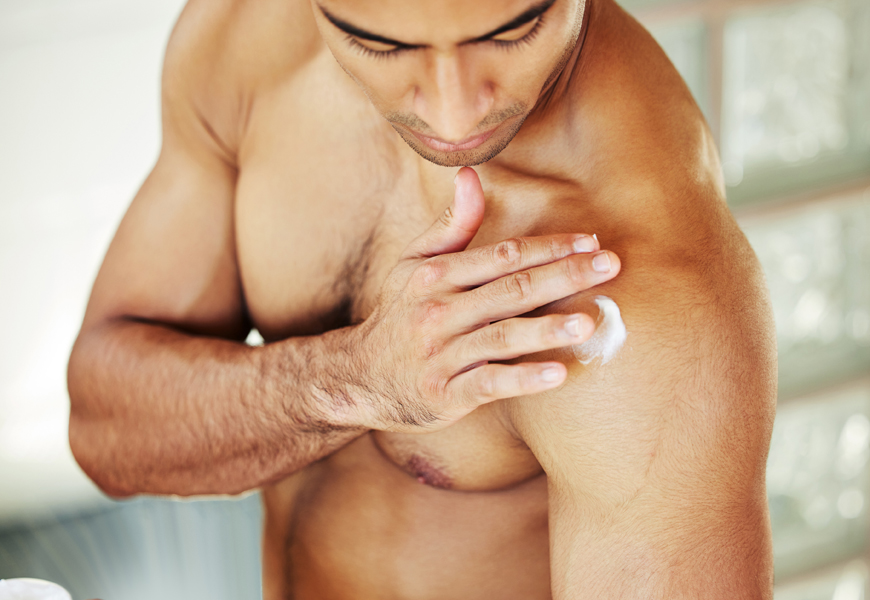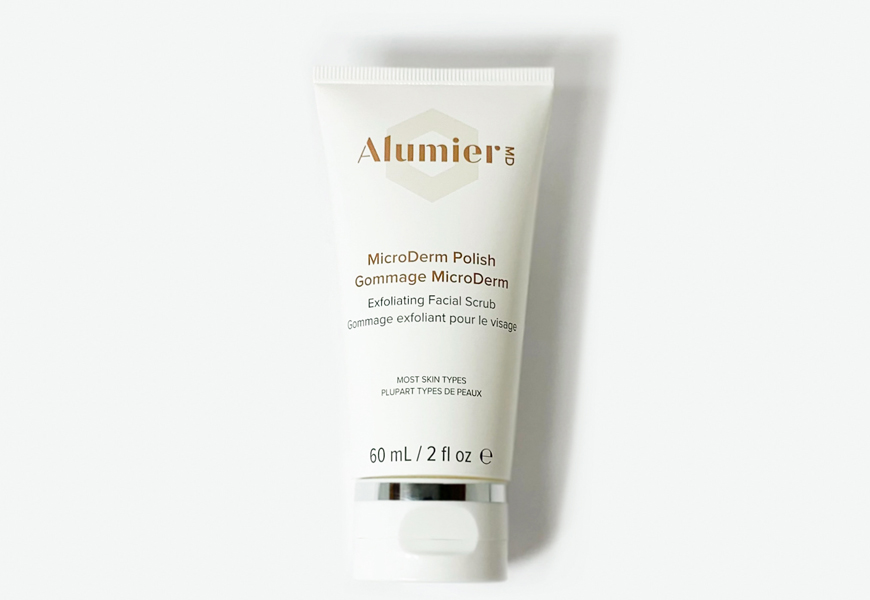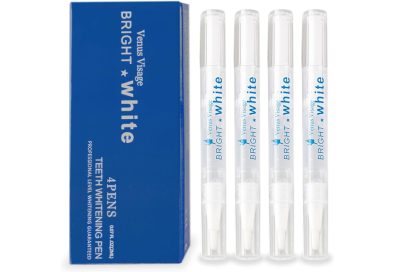Summertime may be fading into the rearview, but you can hang on to its healthy sunny vibes…and keep your skin looking and feeling refreshed. Sound too good to be true? According to Dr. Heather Rogers, a U.S-based dermatologist and member of the American Academy of Dermatology Media it’s all about a little know-how and following a few basic tips.
1. Know your body needs hydration and cell turnover support:
This is head-to-toe advice for both your face and your body’s skin care. “Your body skin will not age as fast as your face, neck, chest or hands because it is not being exposed regularly to the number one cause of aging: the sun,” says Dr. Rogers. Which means you need to add a hydrating layer of moisture to both your face and body every day. “It needs hydration and help promoting cell turnover, particularly for those entering their 30s and beyond.”
2. Dial down the bathing frequency and temperature of your water:
We all love a hot shower or bath, but lathering up and rinsing off in warm water can be a skin saver. “Most bathe too often and with water that’s too hot,” affirms Dr. Rogers. “We also use too much soap and scrub too much. Stop this! It is not good for your skin or the world we live in. All these steps dry out your skin and strip away your natural oils.”
3. Be selective:
Not all skin care products are equal, so be selective when choosing yours. Pick options with ingredients that suit your daily needs such as hydration and repair and are friendly to both your skin and the environment. “I believe that our body products should be the most selective in terms of the ingredients used because they are the ones we are covering our bodies in and washing down the drain in the most significant quantities,” says Dr. Rogers.
4. Alternate your body care steps:
Don’t shave and exfoliate on the same day,” advises Dr. Rogers. “Otherwise, you risk irritating your skin. I always alternate the days I exfoliate and the days I shave and I try to do these steps at night.” Sound advice, yes, because doing so can allow your skin care products to better absorb and work their magic while you sleep. Additionally, nighttime is when our skin cells rejuvenate, making hydration a key component of skin health.
5. Opt for chemical-based exfoliants:
Natural or synthetic scrubs work by physically removing dead skin cells and grime from the face and body, but, when used too frequently or aggressively, can create tiny tears on your skin. Chemical versions work by integrating stringer more active ingredients, which can dissolve these impurities. “Since chemical exfoliants do not involve rubbing the skin, they are generally safer and what I recommend to my patients instead of physical exfoliants, which can cause micro tears,” explains Dr. Rogers. “Personally, I use retinol or AHAs to smooth texture, promote cell turnover and maintain collagen.”
6. Apply antioxidant beyond your face:
Antioxidants are molecules that fight and neutralize free radicals that can aggravate, stress out and cause signs of aging in your skin. Free radicals are not all bad however, our immune cells use them to fight infections, so making sure you apply the right antioxidant-based serums to your skin, such as vitamins C and E, and those found in fruits and even vegetables are ideal. “Before applying your morning sunscreen, always apply an antioxidant to your face, neck, chest, arms and hands on the days when they will be exposed to the sun,” says Dr. Rogers.
7. Always use sunscreen:
“I cannot stress enough how the daily application of sunscreen is the most essential step to protect and preserve your skin,” says Dr. Rogers. So if you were thinking of shelving yours for the fall think again. Sunscreens should be applied to your face and exposed body parts 365 days a year.












